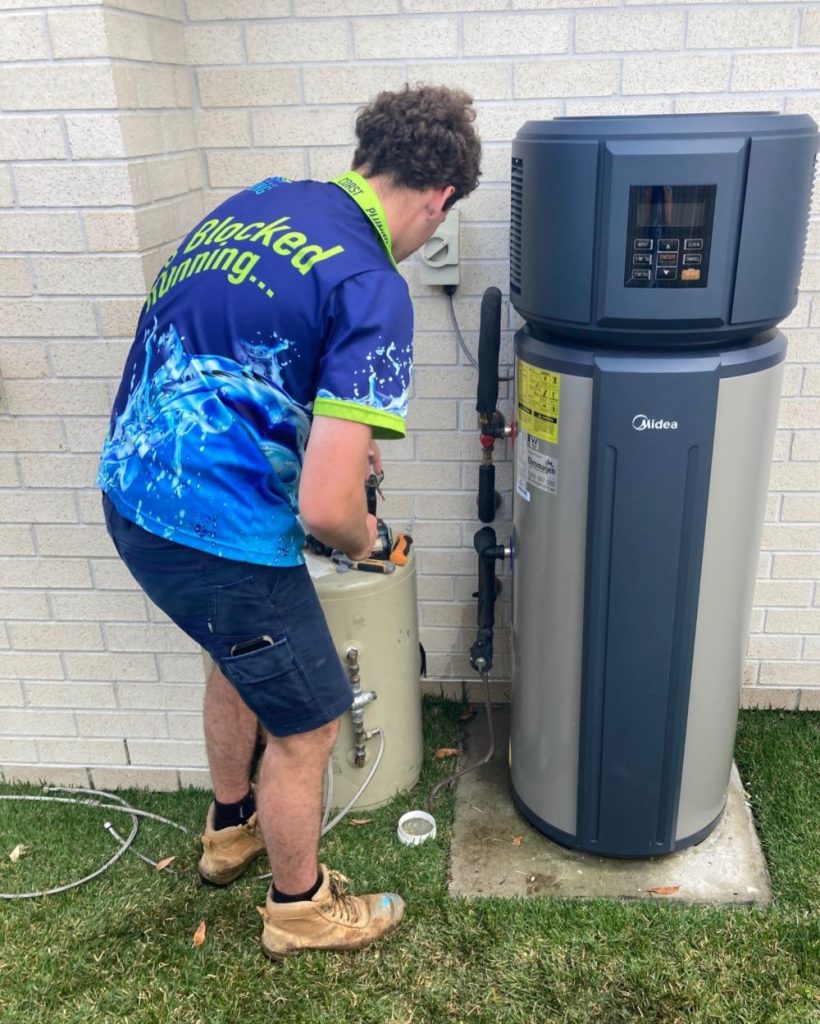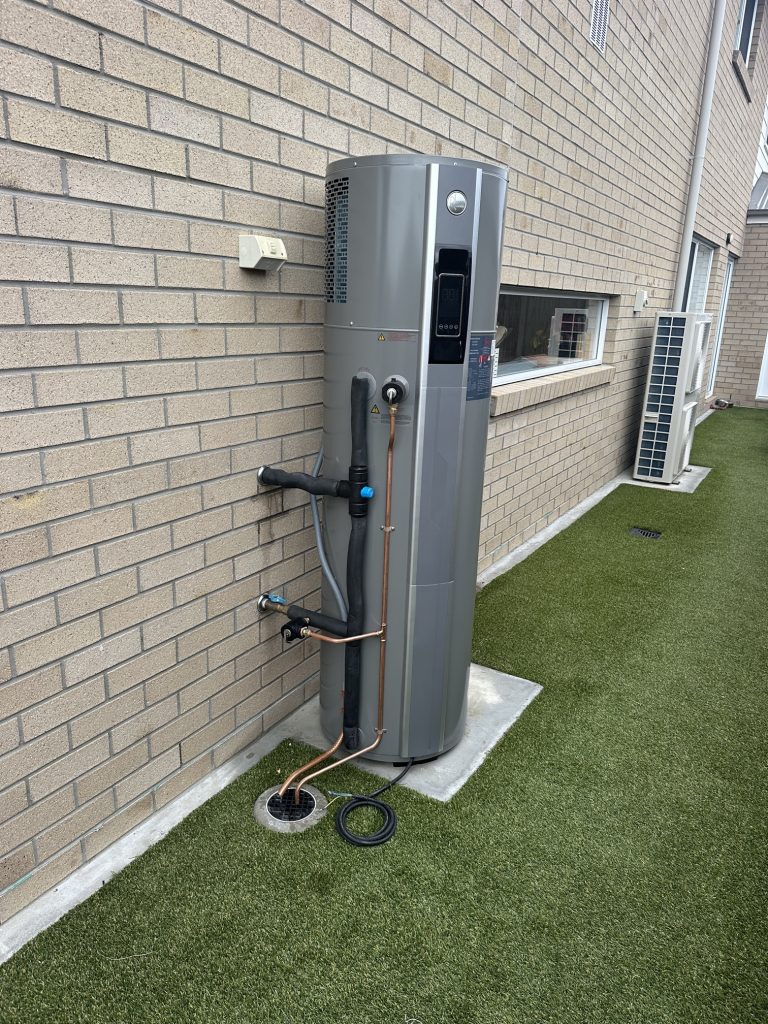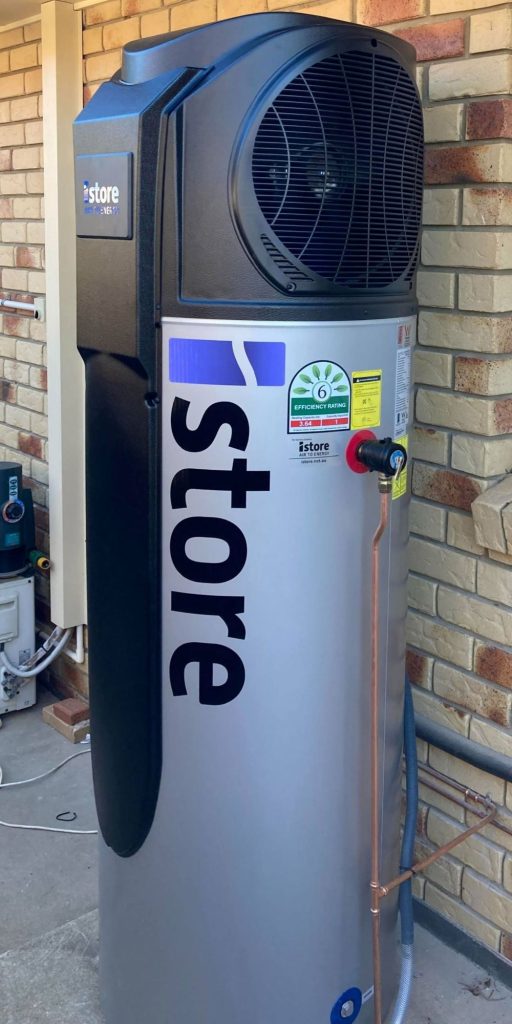Mastering the Unique Challenges of Selecting Hot Water Systems for Queensland's Climate
When it comes to selecting the ideal hot water system for your home in Queensland, the process involves much more than just picking a brand or determining tank size. It requires a detailed understanding of various elements such as the local climate, humidity levels, electricity tariffs, and your household's specific daily water consumption. Given the escalating energy costs, many families are opting for heat pumps because of their superior energy efficiency and environmental benefits. However, these systems are not one-size-fits-all; it's essential to assess all relevant factors to ensure optimal performance and longevity of your chosen hot water solution.
This article will delve into the functionality of heat pumps within Queensland's diverse climatic conditions, pinpoint which types of homes are most suited for these advanced systems, and dispel common myths that could lead to poor performance or incorrect system selections.

Enhancing the Efficiency of Heat Pumps in Coastal Queensland Conditions
Heat pump water heaters function by harnessing thermal energy from the surrounding air, and their performance significantly improves as air temperatures rise. In coastal regions of Queensland, including popular areas like the Sunshine Coast, Brisbane, and the Fraser Coast, average air temperatures generally remain above 5°C even during winter. This steady warmth enables heat pumps to operate efficiently all year round without the need for electric boosting or additional heating elements, which are often necessary in cooler climates. By utilizing this renewable energy source, homeowners can benefit from significantly lower energy bills and a smaller carbon footprint.
Essential Environmental Factors That Enhance Heat Pump Efficiency
| Environmental Factor | Impact on Heat Pump Functionality | Coastal QLD Efficiency |
|---|---|---|
| Average ambient temperature | Higher temperatures lead to more efficient operation | ✓ Consistently maintained above 5°C |
| Humidity levels | Moderate enhancements in performance | ✓ Generally high and stable |
| Access to off-peak electricity | Results in lower operational costs | ✓ Widely available in most regions |
| Roof shading | Minimal impact on efficiency | ✓ No detrimental effects on the system |
| Direct sunlight exposure | Not a requirement for optimal operation | ✓ Functions effectively in shaded environments |
Identifying Scenarios Where Heat Pumps Might Underperform
Although heat pumps offer numerous advantages, certain conditions in Queensland can hinder their performance:
- Inland or elevated areas
In regions such as Toowoomba and the Hinterland, nighttime temperatures can dip significantly during winter months. In these instances, some heat pump models may struggle to maintain optimal efficiency without relying on a booster element, which can lead to increased energy consumption and higher costs. - Restricted or poorly ventilated outdoor areas
Heat pumps require ample airflow around their compressor units to function effectively. In cramped or enclosed spaces, the efficiency of heat extraction may decline, and operational noise could increase, potentially causing disturbances for nearby residents. - Large families with high hot water needs
In homes with more than six occupants, systems designed for greater water storage or faster recovery times, such as solar-boosted gas systems, may be more effective in efficiently meeting high hot water demands.
Dispelling Common Myths About Heat Pumps in Queensland
“They become ineffective during winter.”
This misconception may hold true in colder southern regions; however, it does not apply to Queensland. In areas where average temperatures consistently exceed 5°C, heat pumps maintain their effectiveness throughout winter, ensuring reliable hot water solutions even during the cooler months.
“Solar panels are necessary for heat pumps to work.”
This claim is misleading. Heat pumps can function independently of solar photovoltaic (PV) systems, though integrating them with solar energy can enhance your overall energy savings and sustainability.
“Heat pumps are overly noisy and disruptive.”
Modern heat pump systems are designed to operate much quieter than older models. When installed correctly in well-ventilated areas, the noise produced by the compressor unit is generally minimal, allowing for a comfortable living environment.
Effective Strategies for Optimizing Heat Pump Installation and Functionality in Queensland
- Select a system designed for Australian conditions
Opt for models that feature high-efficiency ratings and dependable local support, such as istore or Stiebel Eltron, which are renowned for their performance in the Australian climate. - Install in a well-ventilated, shaded location
While heat pumps do not require direct sunlight, they do need sufficient airflow around the unit to operate at peak efficiency. - Utilize timers or smart control systems
By programming the unit to operate during periods of solar power generation or off-peak electricity hours, you can significantly boost energy savings and minimize costs. - Ensure your system is correctly sized
A capacity of 250–300 liters is typically adequate for most families. An undersized system can result in performance issues and an increased reliance on boosting mechanisms, leading to higher energy consumption.
The Crucial Importance of Local Expertise in Successful Heat Pump Installation
<pInstalling a heat pump necessitates a tailored approach to achieve the best outcomes. The most effective results are achieved by working with a local plumbing expert who is well-versed in:
- Performance optimization based on local climate conditions to ensure maximum efficiency
- Eligibility for rebates such as Small-scale Technology Certificates (STCs) and various Queensland government incentives designed to promote energy efficiency
- Optimal placement and ventilation strategies for the unit to maximize performance
- Integration options with solar PV systems or battery storage solutions, if relevant, to further enhance energy efficiency
At Creek to Coast Plumbing, we excel in providing and installing high-performance hot water systems, including heat pumps, throughout the Sunshine Coast and Moreton Bay regions. Our dedicated professionals are here to help you identify the hot water service that best meets your requirements. As the demand for energy-efficient hot water solutions rises, many individuals are comparing solar options with heat pumps. We will evaluate the unique conditions of your home, recommend the most appropriate system, and ensure you are equipped for optimal efficiency.
Discover more about our Heat Pump Hot Water Installation services or reach out to us for a customized recommendation tailored to your specific needs.
The Article: Heat Pumps in Queensland: Effective Solutions and Pitfalls first appeared on https://writebuff.com
The Article Heat Pumps in Queensland: Benefits and Challenges Explained Was Found On https://limitsofstrategy.com



